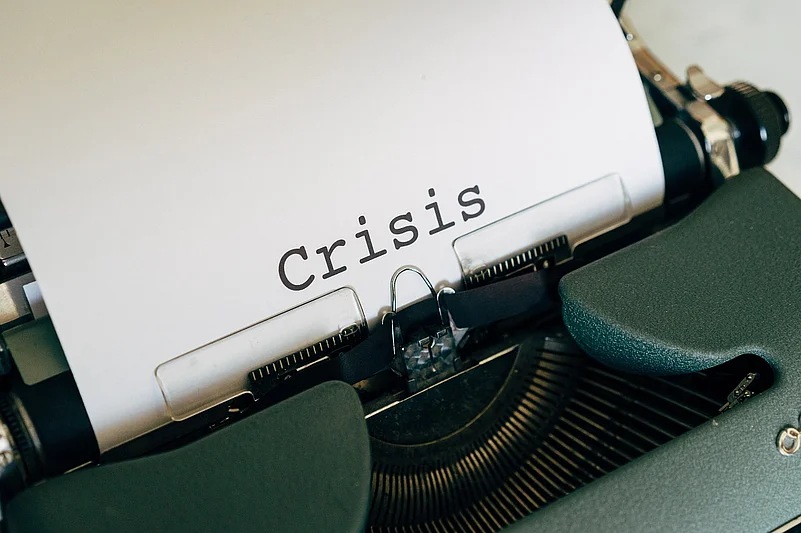With Medical inflation on the rise and low financial security, the uncertainties of retirement are becoming concerning. Retirees depending on fixed income will face frequent financial problems due to the lack of active retirement cash flow. Retirees or those planning to retire need to re-evaluate their needs and factor in inflation while planning for retirement and make investments post-retirement just to cope with inflation. Medical and financial emergencies arise, and retirees depending solely on a fixed income will find their finances squeezed out if they don’t plan properly.
Fixed Incomes vs. Rising Costs
For years, retirees have relied on stable income streams generated from investments like social security, pensions, and fixed annuities. However, the recent surge in inflation has outpaced the annual cost-of-living adjustments (COLAs), an increase in income, which is typically salary or benefits that maintain stable purchasing power. COLA is applied to many of these income sources. This gap between income and expenses is forcing many retirees to rethink their financial strategies. Strategies like looking for side gigs, opening consultancy agencies or small businesses, and continuing investment plans. It also includes smart withdrawal of previously made investments such as a Systematic Withdrawal Plan or SWP.
Here are some ways that seniors are able to cope with inflation on a fixed income.
Tapping Savings and Adjusting Withdrawals
As the prices are rising, it is putting pressure on monthly budgets. Many Indian retirees are increasingly turning to their savings and investment accounts for support. Some are dipping into their Employees’ Provident Fund (EPF), Public Provident Fund (PPF), or fixed deposits earlier or more often than they had planned. Others are adjusting how much they withdraw from mutual fund SIPs or annuity plans, opting to take out slightly more each month to manage essential expenses. However, this carries the risk of exhausting their retirement corpus sooner than expected but it is necessary.
Cutting Costs and Reworking Budgets
Budgeting is becoming a crucial tool. Retirees are cutting back on discretionary or unnecessary spending. They are also delaying big-ticket or hefty purchases, or downsizing their homes to reduce ongoing expenses. Many are switching to lower-cost alternatives for everything from housing and food to entertainment and travel.
Returning to Work—By Choice or Necessity
Another trend is the return to part-time or freelance work. Whether it's consulting in their former fields or picking up flexible jobs in the gig economy, more seniors are supplementing their income to stay ahead of rising costs. This not only provides additional financial support but also extends the longevity of their savings.
Rethinking Retirement Portfolios
Some retirees are re-evaluating their investment strategies. While conservative investments like bonds and CDs have long been a staple of retirement portfolios, higher inflation has prompted some to shift toward assets that offer better inflation protection, such as Treasury Inflation-Protected Securities (TIPS), dividend-paying stocks, or real estate investment trusts (REITs).
Managing the Rising Cost of Healthcare
Healthcare remains a significant area of concern. With medical costs historically rising faster than the overall inflation rate, retirees are increasingly looking into supplemental insurance plans, health savings accounts (HSAs), and preventive care options to keep costs manageable.
Adapting to a New Financial Reality
As the inflationary environment persists, retirees face the ongoing challenge of stretching their resources without compromising their quality of life. Careful planning, adaptability, and the willingness to explore new financial tools and habits are becoming essential for navigating this new normal.















